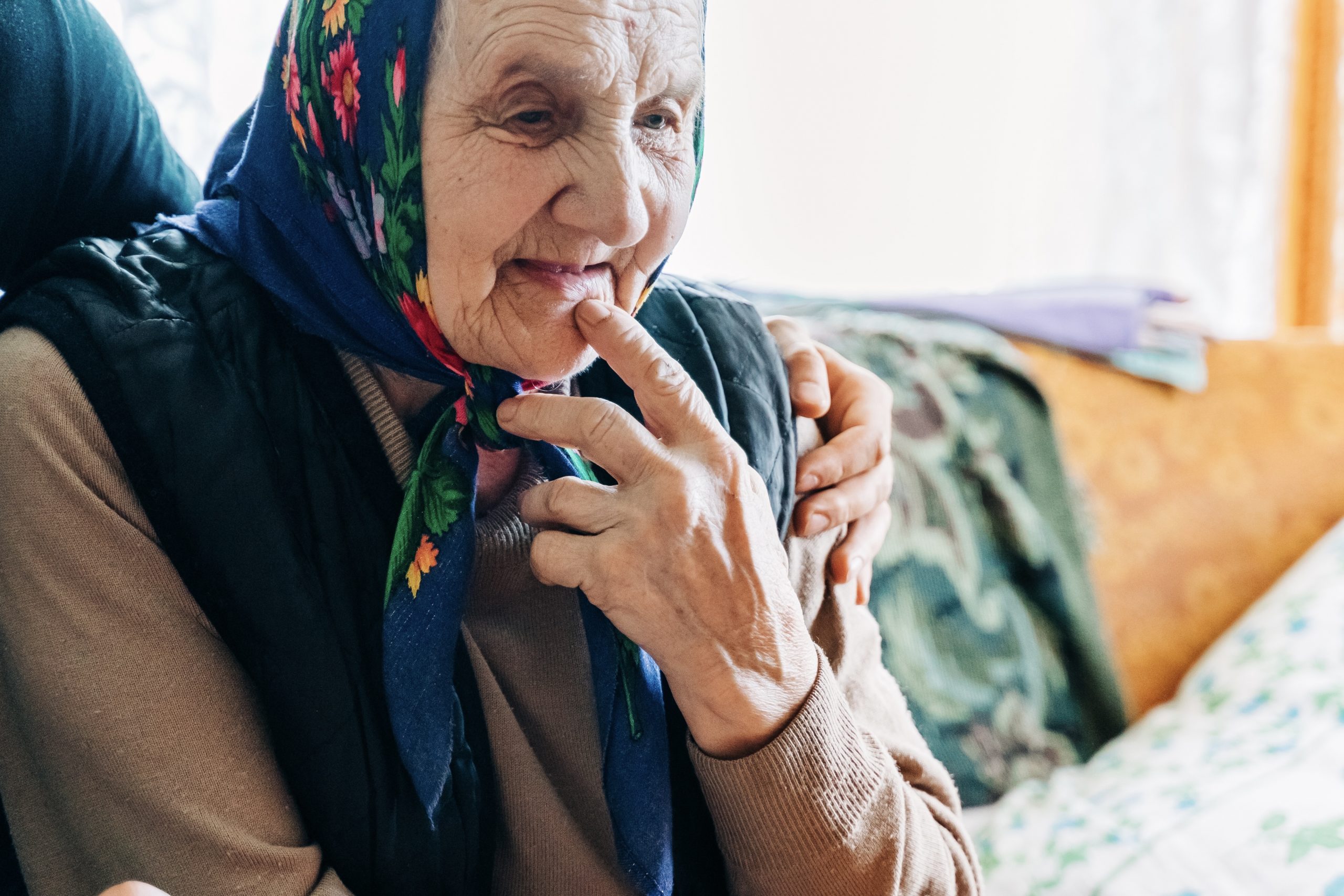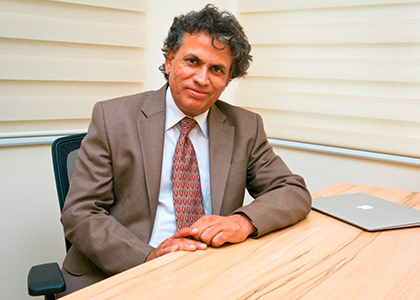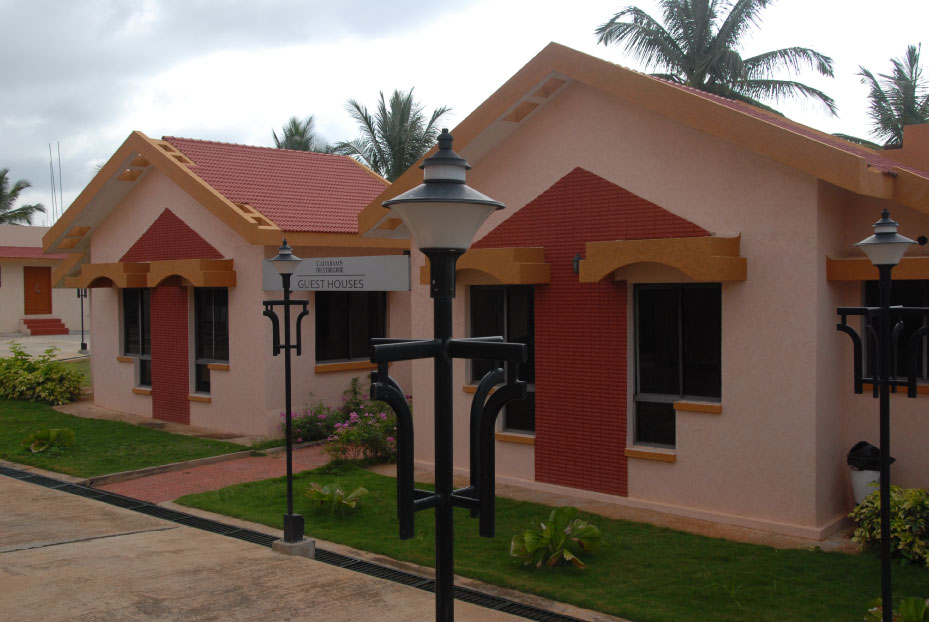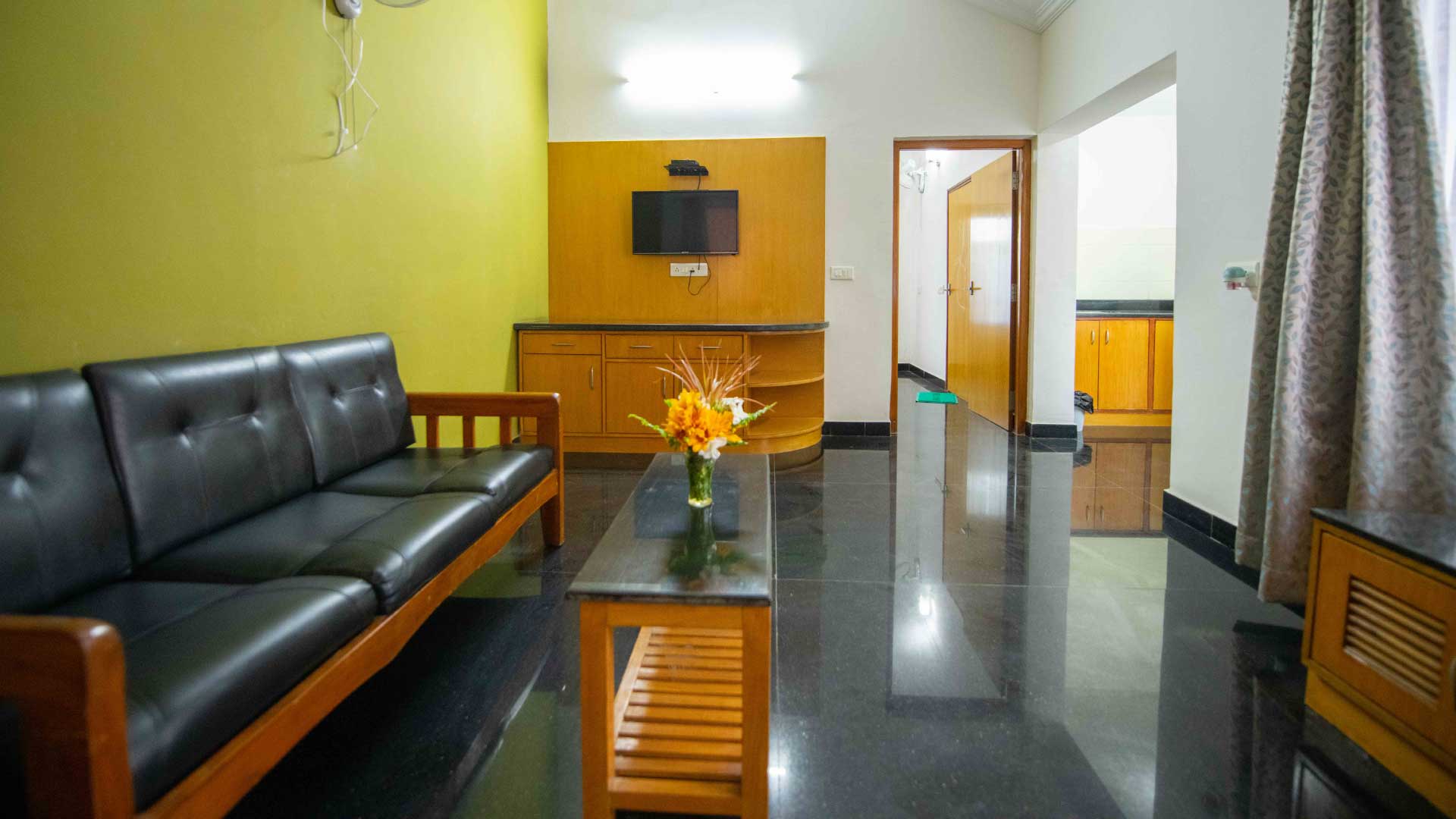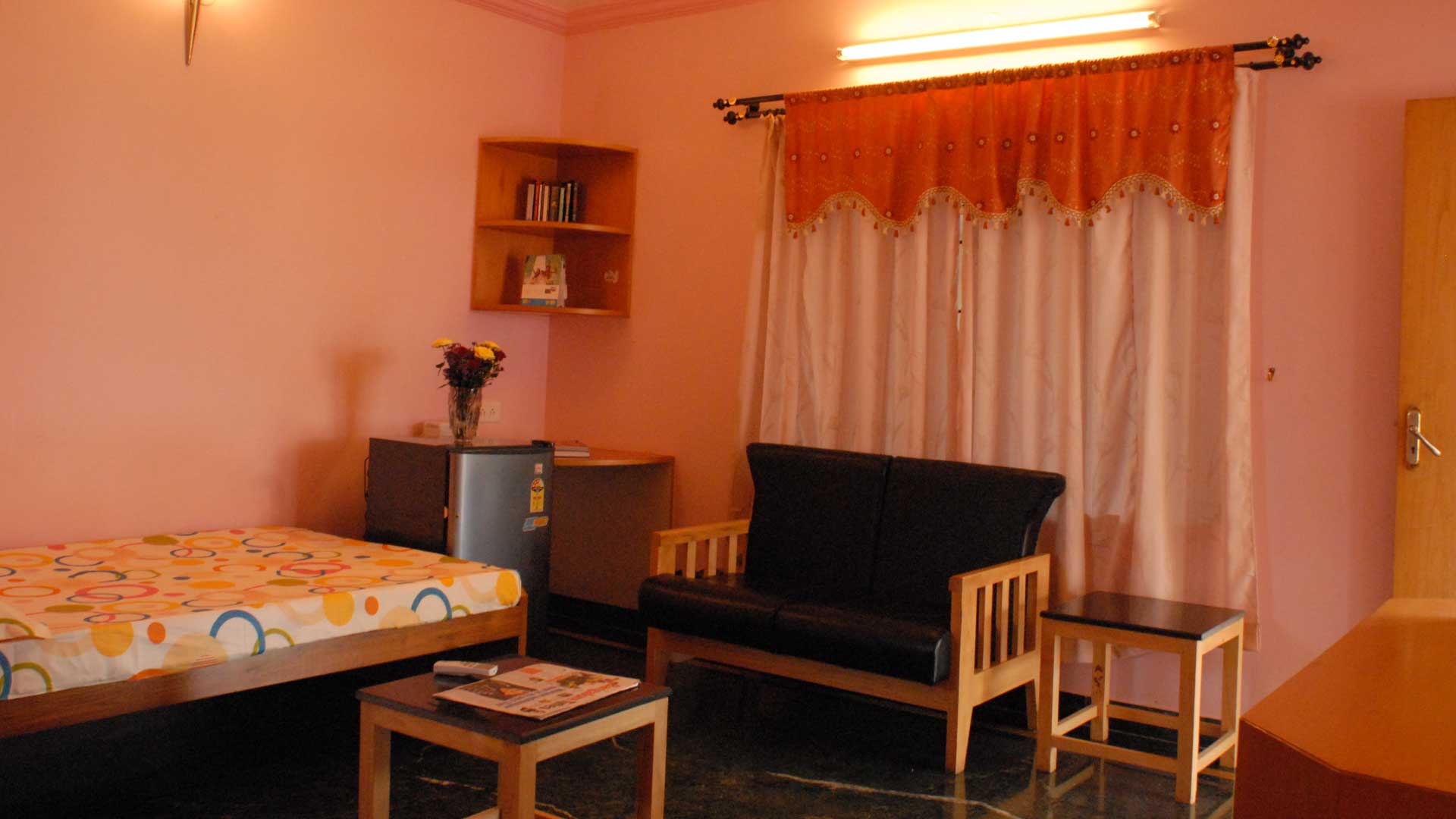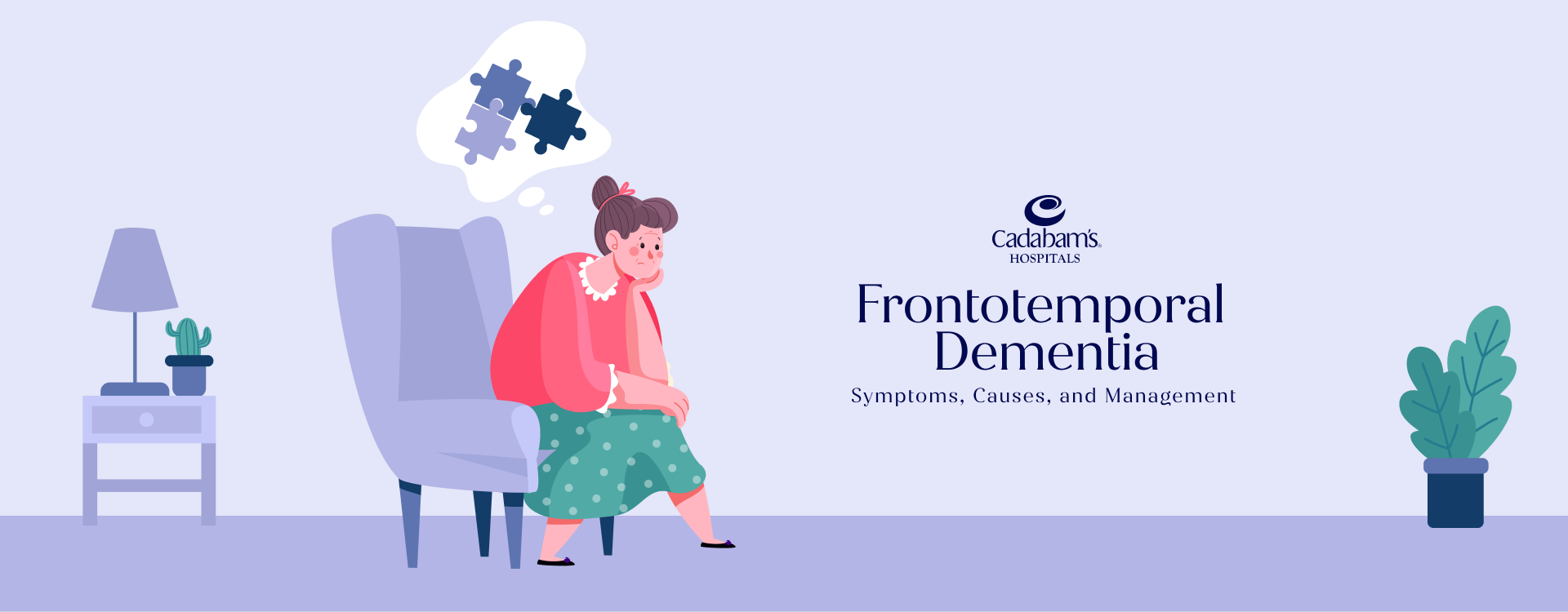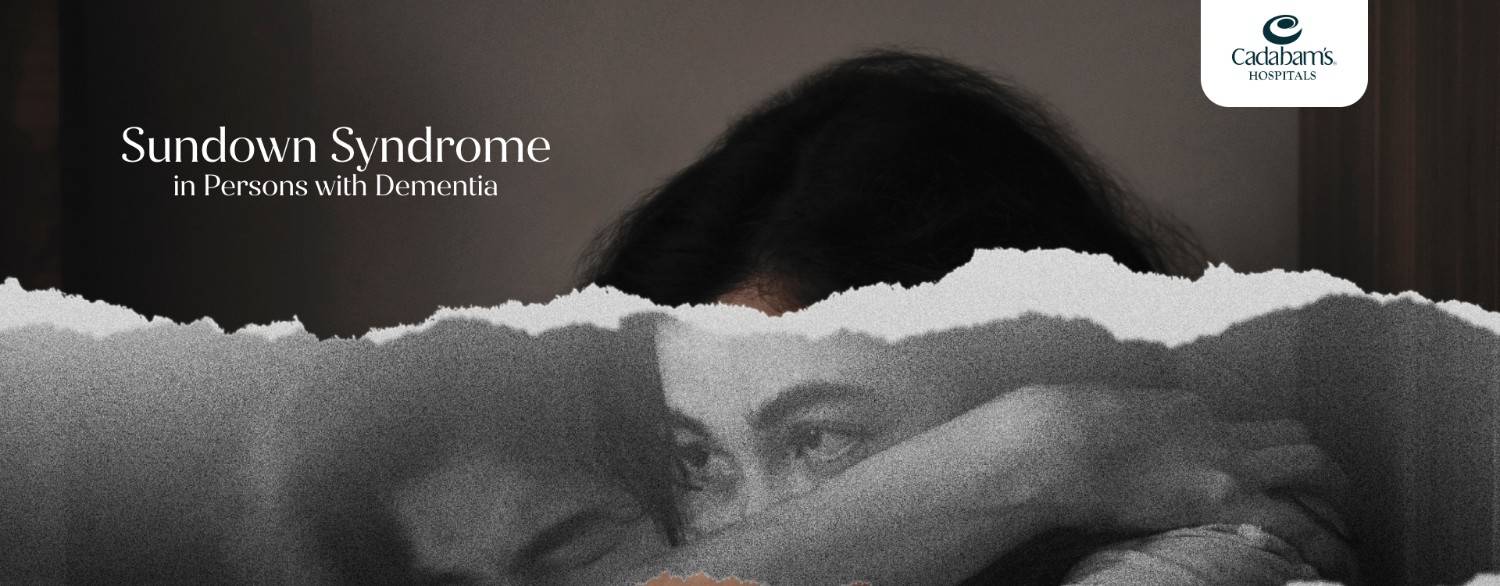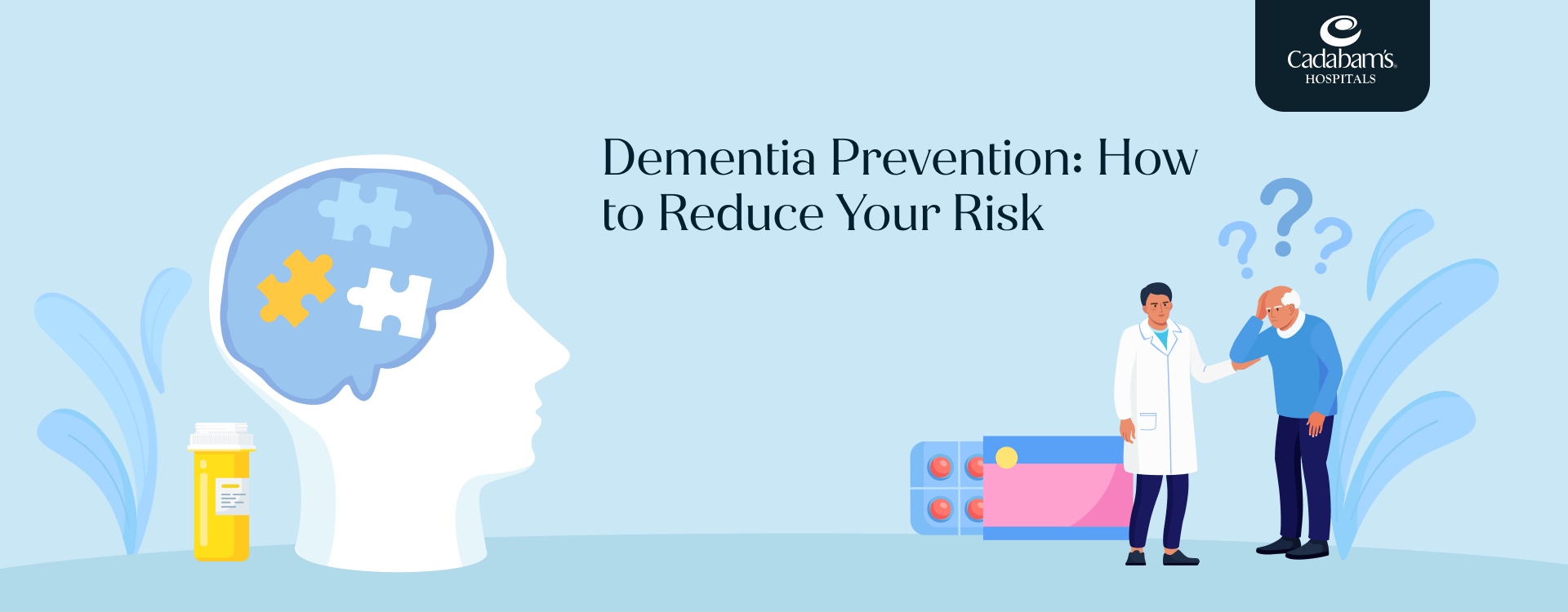Why does one need a rehab center for dementia?
Rehabilitation is required for dementia for several reasons:
1. Cognitive Stimulation: Rehabilitation programs incorporate activities like memory games, puzzles, and storytelling to stimulate cognitive functions. Lesser-known approaches may involve music therapy, art therapy, or aromatherapy to engage patients in non-conventional but effective ways.
2. Physical Rehabilitation: Dementia can lead to physical decline, and rehabilitation helps patients maintain mobility and prevent muscle atrophy. Specialized exercises, adapted to the patient’s abilities, are used.
3. Emotional Support: Dementia can cause emotional distress. Lesser-known approaches may involve animal-assisted therapy, where interaction with therapy animals can provide emotional comfort and reduce anxiety.
4. Behavioral Strategies: Rehab centers employ behavioral interventions to manage challenging behaviors, focusing on individualized strategies to minimize agitation and aggression.
5. Social Engagement: Social isolation is common in dementia. Programs encourage interaction with peers, family, and support groups to combat loneliness and improve patients’ mental well-being.
6. Medication Management: Rehabilitation centers also ensure proper medication management, aiming to minimize side effects and optimize medication for symptom control.
When should you ask for help?
Seek help for dementia when persistent memory loss, challenges in daily tasks, or behavioral changes. Timely intervention enhances the quality of life, facilitates an accurate diagnosis, and ensures access to vital support services for both individuals with dementia and their caregivers.
Looking for trusted psychiatrists in Bangalore? Cadabam’s Hospitals delivers expert, tailored care for a wide range of psychiatric conditions.
What type of doctors or specialists can help with dementia treatment?
1. Palliative Care Specialists: Focus on enhancing overall well-being for individuals with serious illnesses, providing comprehensive support.
2. Neuropsychiatrists: Address the intersection of psychiatric and neurological aspects in dementia cases.
3. Gerontological Nurse Practitioners: Specialize in care for older adults, contributing to holistic dementia management.
4. Clinical Pharmacists: Assist in managing medications, ensuring optimal treatment outcomes for individuals with dementia.
5. Rehabilitation specialists: Contribute to improving daily functioning and independence in individuals with dementia.
What type of therapy or treatment programs are available for dementia?
Various dementia programs include Cognitive Stimulation Therapy (CST) for cognitive stimulation, Reality Orientation Therapy to reduce disorientation, and Reminiscence Therapy for communication. Occupational Therapy enhances daily living, and Music, Art, and Physical Exercise Therapies provide emotional and cognitive benefits. Behavioral interventions manage challenging behaviors, Speech and Language Therapy addresses communication difficulties, and Support Groups offer emotional support. In certain cases, Pharmacological Interventions are used for symptom management.
Things you should check before selecting a rehab center for treatment
Before selecting a rehab center for treatment, consider:
1. Accreditation: Ensure the facility is accredited and licensed, meeting quality standards.
2. Treatment Approach: Review the center’s approach, ensuring it aligns with the individual’s needs.
3. Staff Qualifications: Check the qualifications and experience of the staff, particularly in dementia care.
4. Therapeutic Modalities: Inquire about available therapies and aftercare programs.
5. Philosophy and Environment: Confirm that the center’s philosophy and environment support effective recovery and well-being.
Psychologists in Bangalore at Cadabam’s Hospitals deliver expert, individualized care for a wide range of mental health conditions.
Why Cadabams?
Cadabams, a leading dementia care provider, excels in comprehensive and compassionate treatment at specialized rehabilitation centers. With an experienced team of neurologists, psychiatrists, psychologists, and therapists, we offer individualized treatment plans tailored to each patient’s unique needs. Utilizing innovative therapies and maintaining a nurturing environment, we prioritize patient-centered care, family support, and active involvement in research. Cadabams’ long-standing reputation for excellence makes us an important choice for those seeking exceptional dementia care. Contact us at +91 97414 76476 for expert guidance and support.
Whether you need therapists in Bangalore, Cadabam’s Hospitals ensures expert care tailored to your needs.
What are the benefits of a rehabilitation center for dementia?
A rehabilitation center for dementia offers personalized cognitive therapies, sensory stimulation, and physical exercises, enhancing overall well-being. Specialized programs address unique challenges, promoting cognitive function, improving daily living skills, and managing behavioral symptoms. Beyond clinical care, services encompass adaptive daily living support, fostering independence. Crisis management expertise ensures safety. The comprehensive, tailored approach of rehab centers not only benefits individuals with dementia but also provides crucial support for caregivers, creating a supportive and effective environment for different stages of the condition.
Experienced counsellors in Bangalore at Cadabam’s Hospitals provide personalized support for a wide range of mental health concerns.
How effective is rehabilitation for dementia?
Someone with dementia may benefit from rehabilitative care at various stages. Beyond crisis situations, early entry allows for proactive interventions, slowing cognitive decline and enhancing functioning. Rehabilitation can also be beneficial during transitional phases, such as changes in living arrangements or following hospitalization. Early involvement fosters adaptation and optimization of daily living skills. Rehabilitation’s role is not just crisis management but a proactive strategy to enhance the overall well-being of individuals with dementia throughout different stages of their condition.
Top Dementia Doctors at Cadabam’s Hospitals
Psychiatrist in Bangalore| Psychiatrist in Hyderabad| Psychologist in Bangalore| Psychologist in Hyderabad| Therapist in Bangalore| Therapist in Hyderabad| Counselor in Bangalore| Counselor in Hyderabad|
Rehabilitation Centres For Dementia at Cadabam’s Hospital
Rehab in Bangalore| Rehab in Hyderabad
Best Dementia Treatments Offered at Cadabams
Dementia Online Counselling Bangalore | Dementia Online Counselling Hyderabad | Dementia Home Services Bangalore | Dementia Home Services Hyderabad | Dementia PsychoTherapy Hyderabad | Dementia Biofeedback Hyderabad | Dementia neuro physioTherapy Bangalore | Dementia neuro physioTherapy Hyderabad | Dementia Family Therapy Bangalore | Dementia PsychoTherapy Bangalore | Dementia CBT Hyderabad | Dementia CBT Bangalore | Dementia Group Therapy Bangalore | Dementia Emergency Bangalore | Dementia Group Therapy Hyderabad | Dementia Neurofeedback Bangalore | Dementia Neurofeedback Hyderabad | Dementia Emergency Hyderabad | Dementia Family Therapy Hyderabad | Dementia Biofeedback Bangalore | Dementia Post Rehabilitation Care Hyderabad|
More Additional Resources About Dementia
Agitation in Dementia: Causes, Symptoms, and Management Guide| A Deep Dive into Behavioral and Psychological Symptoms of Dementia(BPSD)| Decoding Mixed Dementia: What You Need to Know| Parkinson’s Dementia Explained: Recognizing Symptoms and Stages| Understanding Frontotemporal Dementia: Signs, Symptoms, and More|
FAQs
What are the benefits of a Rehabilitation Center for dementia?
- SpecializedCognitive Strategies: Rehab centers employ tailored cognitive therapies that extend beyond conventional approaches, targeting unique cognitive challenges in dementia.
- Holistic Sensory Engagement: Innovative programs integrate sensory stimulation activities, tapping into lesser-explored avenues to enhance cognitive and emotional well-being.
- IndividualizedDaily Living Support: Services go beyond clinical care, incorporating personalized assistance for daily living tasks, ensuring comprehensive support for individuals with dementia.
- Crisis Management Expertise: Rehab centers excel in crisis care, offering nuanced interventions to address complex behavioral challenges, promoting a safer and more controlled environment.
Who is suitable for a rehab center for dementia?
- Advanced Cognitive Decline: Individuals experiencing advanced cognitive decline benefit from the specialized care and support available in rehab centers.
- Behavioral Challenges: Those with challenging behaviors, often overlooked, find tailored strategies and interventions to manage and alleviate these issues in a rehab setting.
- Complex Medication Management: Rehab centers are suitable for those requiring intricate medication regimens, ensuring proper administration and monitoring.
- Family Involvement: Individuals with strong family support and engagement can capitalize on the collaborative approach rehab centers offer, enhancing the overall care experience.
What are the services offered at a rehab for dementia in Bangalore?
At Cadabams, dementia rehabilitation includes personalized cognitive therapies, sensory stimulation, and physical exercises. We provide adaptive daily living support, ensuring comprehensive assistance. Behavioral management strategies address challenges, and advanced crisis care is available. Our holistic approach, involving a multidisciplinary team, focuses on enhancing overall well-being for individuals navigating dementia.
How does the rehabilitation treatment work?
Rehabilitation treatment for dementia employs a multidisciplinary approach. Tailored cognitive exercises target specific functions, adapting to individual strengths and challenges. Occupational and physical therapies enhance daily living skills and overall well-being. Behavioral interventions address challenging behaviors through personalized strategies. The collaborative approach ensures a holistic response, considering medical, emotional, and daily living aspects.
Which is the best therapy for dementia?
- Reminiscence Therapy: Tapping into personal memories, this therapy promotes cognitive stimulation and emotional connection.
- Montessori-Based Activities: Adopting Montessori principles, this approach fosters independence and engagement in purposeful activities.
- Validation Therapy: Rather than correcting, this therapy acknowledges and validates the emotions and experiences of individuals with dementia.
- Reality Orientation: Providing consistent information about time, place, and person to enhance awareness and reduce disorientation.
Is dementia cureable?
Dementia is not curable. Treatment primarily focuses on symptom management, enhancing quality of life, and providing support for individuals and caregivers. While there’s no cure, early intervention significantly influences the disease’s progression, emphasizing timely diagnosis and care.
What is the average cost of treatment for dementia in Bangalore?
Dementia treatment costs vary widely, including medication, consultations, and potential long-term care expenses. From moderate in-home care to high specialized memory care unit expenses, financial planning is crucial for individuals and families facing the potential long-term nature of dementia care.
What is rehabilitation?
Rehabilitation is a treatment option where the individual spends their time in a facility dedicated solely to their recovery. A rehabilitation centre is equipped with the infrastructure and the professionals to help an individual recover.
Is rehabilitation beneficial?
Rehabilitation is beneficial for individuals who need time to recover. It offers professional expertise and dedicated infrastructure to ensure recovery.














 Available
Available
